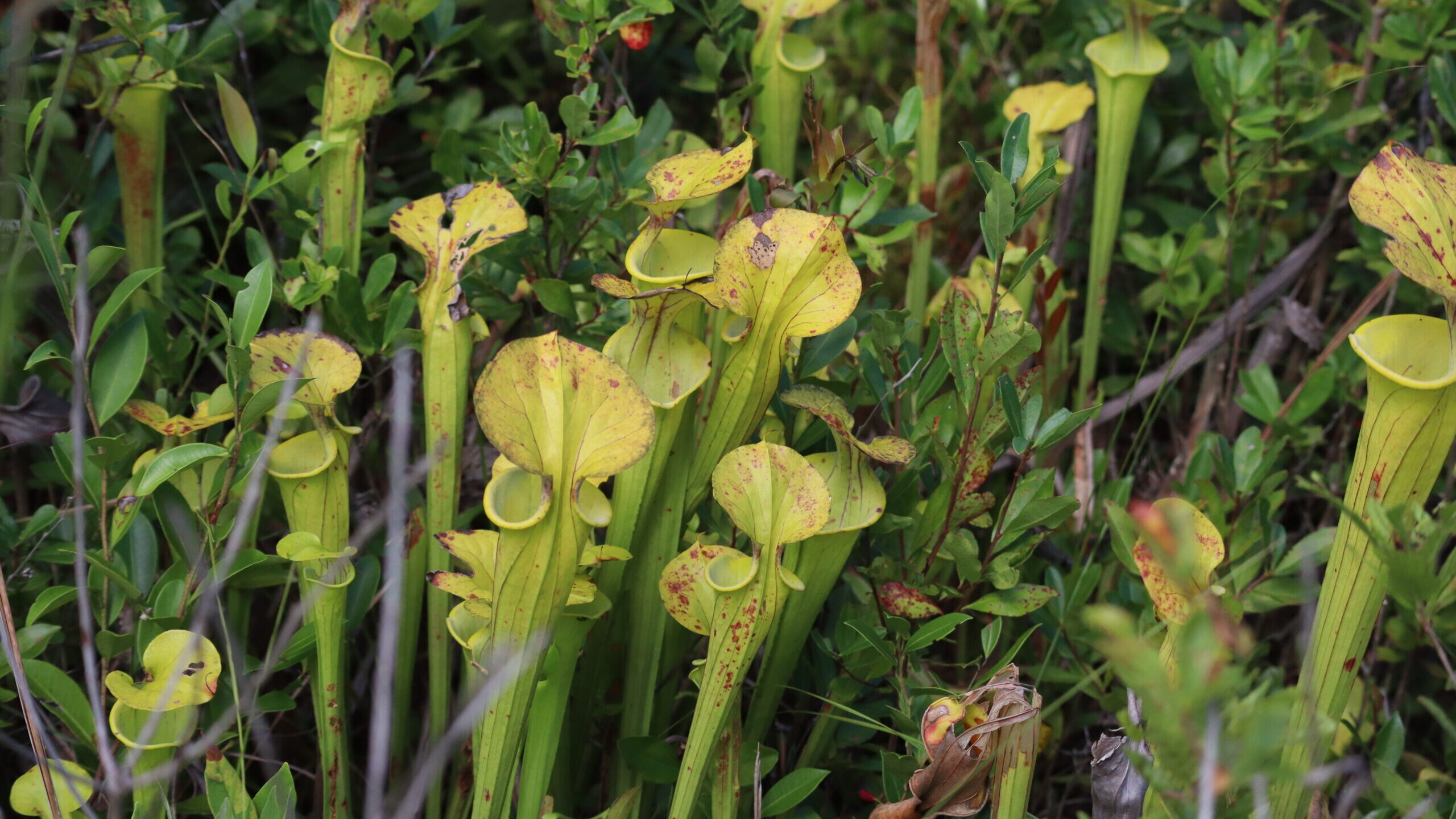Opportunity: Climate Impacts Postdoctoral Fellowship on Southeastern Rare Plants

The Southeast Climate Adaptation Science Center is seeking a post-doctoral associate to develop climate-change impacts information for rare plants of the southeastern U.S., to be hired through Oak Ridge Institute for Science and Education (ORISE).
Application Deadline: December 30, 2022
Opportunity Description:
The Post-Doctoral Associate will work closely with the Southeast Climate Adaptation Science Center and the Southeast Plant Conservation Alliance to develop climate-impacts information for subsets of plant species from the forthcoming Southeastern Plants Regional Species of Greatest Conservation Need (RSGCN), which will be the nation’s first regional SGCN for plants. This regional list of rare and threatened plant species will provide an important resource to state and federal agencies, conservation organizations, and researchers focused on rare-plant conservation.
The Post-Doctoral Associate will develop climate-impacts information both at the level of species and for ecosystems. For subsets of species, the Post-Doctoral Associate will compile information on existing index-based vulnerability assessments (e.g., CCVI) as well as climatic niche models. At the level of ecosystems, the Post-Doctoral Associate will work with colleagues at NatureServe, USGS, and with botanists and ecosystem experts from other institutions, to select southeastern ecosystems that provide habitat to relatively large numbers of RSGCN plants. For these selected ecosystems, the Post-Doctoral Associate will use existing downscaled climate projections to produce climate-impacts summaries, which will take the form of brief, user-friendly narrative summaries of how climate change may impact habitat viability for rare plant species, as well as highlight potential adaptation actions that natural-resource managers may want to consider.
Learning Objectives:
This appointment will also involve several learning objectives, including:
- Increased ability to use and interpret model projections of future climate
- Improved understanding of climate impacts to rare plants
- Enhanced skills in synthesis and communication of climate science to other audiences
The qualified candidate should have received a doctoral degree in a relevant field such as Environmental Science, Botany, Plant Science, Conservation Biology, or Science Communication, or be currently pursuing the degree with completion by December 30, 2022.
Preferred Skills/Experience:
- Excellent written science communication, including the ability to translate complex scientific concepts and findings into clear, concise, and easily understandable text
- Experience interpreting climate-change projections across different greenhouse-gas scenarios, GCMs, and time periods, including model uncertainties and spread across GCMs
- Experience with assessing climate-change impacts on species and/or ecosystems (preferably including the southeastern U.S.), including for example: changes in fire regimes, drought impacts, hydrologic changes, or phenological changes
- Experience conducting literature reviews to synthesize information across relevant scientific studies
- Basic understanding of plant physiology, including habitat and environmental requirements for major categories of plant species in the southeastern U.S.
- Proficiency in the R statistical language (not necessary, but would enable more in-depth assessment of climate projections)
Appointment Period: February 2023 – January 2024
- Categories:
